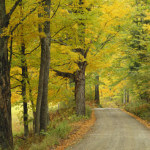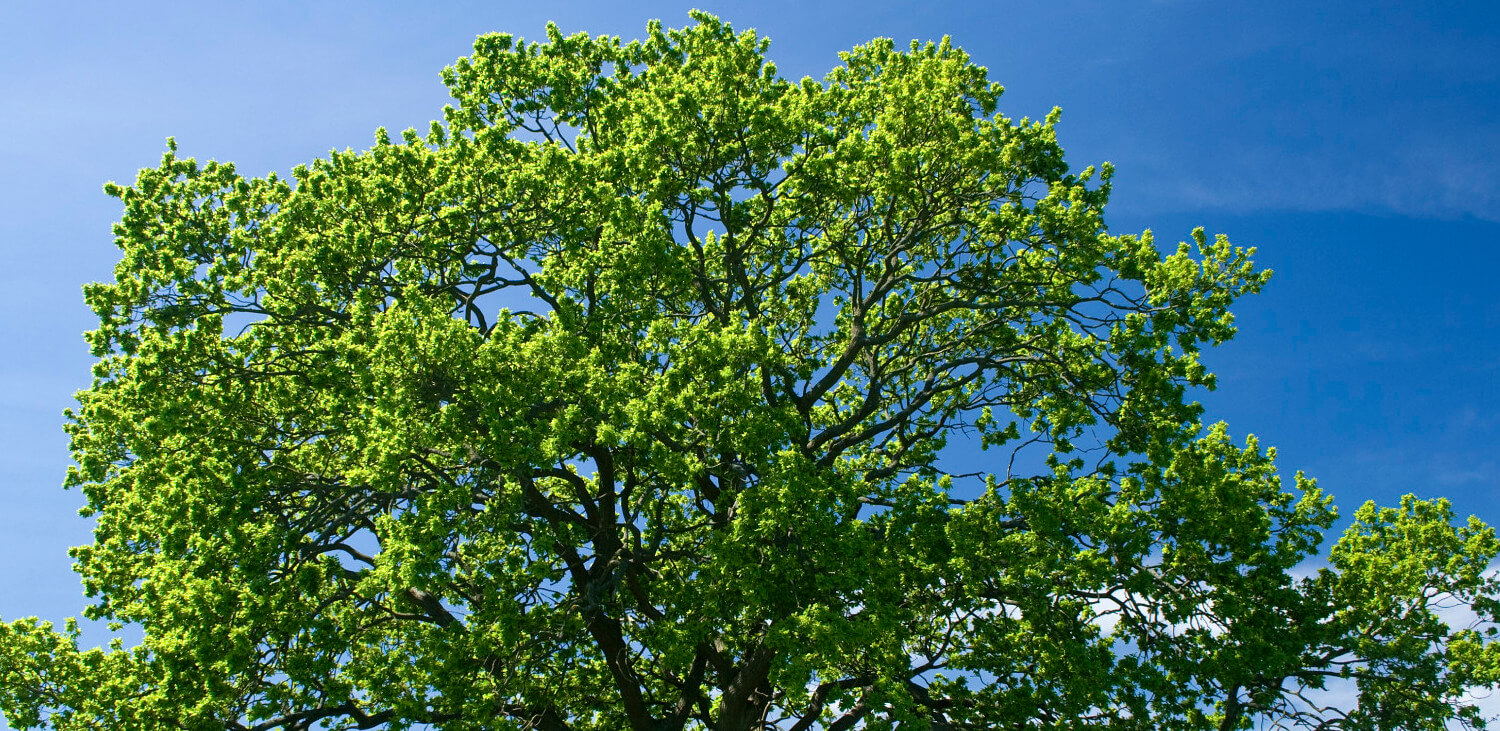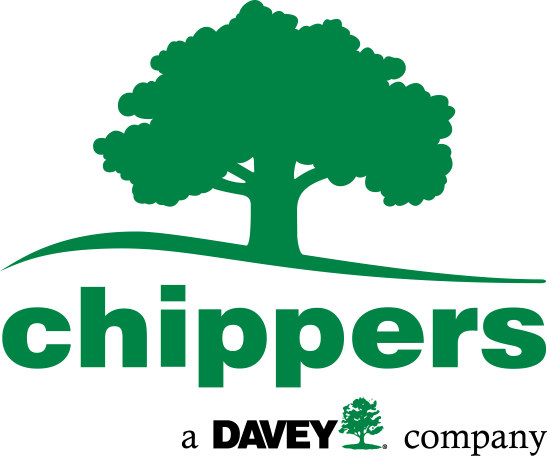There are many known advantages to landscapes with mature native and planted trees: beauty, privacy, shade for pleasure and to reduce cooling costs, higher property valuation, wildlife habitats, air quality improvement, sound buffering, windbreaks to reduce heating costs, erosion control, etc. But after decades of mature tree growth, both our planted landscapes and the surrounding or intermingling forested areas need some arboricultural attention!

Where mature trees and shrubs are overgrown and fighting for space they are at much greater risk for disease and insect damage. Specimens that were once small and planted too close to the house or garage (or were natives left during construction that flourished when the building site was opened to more light) are categorized by arborists as hazardous ‘leaners’ and are particularly susceptible to coming down during winter storms. Mature trees whose roots were damaged during home construction or renovations usually have tell-tale signs of decline and are also considered hazards.
The discerning removal of dead, crowded or diseased pine and hemlock (softwoods or conifers) encourages the growth of native hardwoods or deciduous species that are much sturdier existing near human structures. Also, the removal of unwanted encroachment which blocks necessary sunlight and airflow is important to prevent rot in roofs, siding and decks.
Should you have any concerns about your mature tree growth, consult a professional arborist certified by the International Society of Arboriculture (ISA). A reputable professional will meet with property owners free of charge to review and evaluate your landscape, and will provide a quote for the recommended work.
We love our mature tree growth around northern New England but now we sometimes have too much of a good thing!
For more information contact Jason Eaton, Senior Manager & ISA Certified Arborist, trees@chippersinc.com.

Decades of Mature Tree Growth – What To Do Now
Tags:
New Hampshire
, Vermont
, hanover
, lebanon
, meredith
, new london
, tree
, tree removal
, dangerous trees
, Woodstock
, hazardous trees
, norwich

